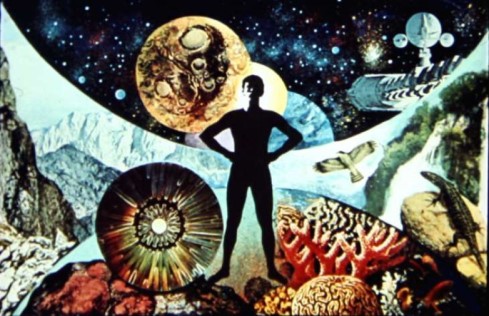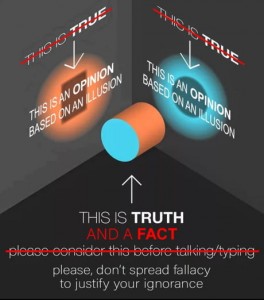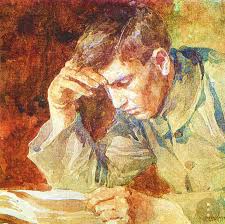 Materialism and Idealism are opposite ways of understanding every issue.
Materialism and Idealism are opposite ways of understanding every issue.
Materialism and idealism are not two abstract theories about the nature of the world, of little concern to ordinary people engaged in practical activities. They are opposite ways of understanding every issue, and consequently they express different approaches to these issues in practice and lead to very different conclusions from practical activity. Continue reading
 (The material below was prepared as part of the course
(The material below was prepared as part of the course 
 Lesson 1: “Dialectical Materialism – the Worldview of the Working Class”.
Lesson 1: “Dialectical Materialism – the Worldview of the Working Class”. A communist needs dialectical materialism in order to understand correctly what is going on. Having mastered dialectics, he or she will not allow themselves to be confused by their enemies and will easily rebuff them, exposing the falsity and reactionary nature of their ideology. Dialectical materialism is a merciless shining sword that crushes to pieces all the arguments of obscurantists, reactionaries, hypocrites and slanderers. No tricks or sophistry can resist this sword.
A communist needs dialectical materialism in order to understand correctly what is going on. Having mastered dialectics, he or she will not allow themselves to be confused by their enemies and will easily rebuff them, exposing the falsity and reactionary nature of their ideology. Dialectical materialism is a merciless shining sword that crushes to pieces all the arguments of obscurantists, reactionaries, hypocrites and slanderers. No tricks or sophistry can resist this sword. 
 First of all, let me quote a few words about the essence of crises in capitalism: “Capitalist crises are crises of overproduction. A crisis shows itself first of all in the fact that commodities cannot be sold, since they have been produced in quantities greater than can be bought by the main consumers—the mass of the people—whose purchasing power is confined under capitalist relations of production within extremely narrow limits. “Surplus” goods encumber the warehouses. The capitalists curtail production and dismiss workers. Hundreds and thousands of enterprises are closed down. Unemployment increases sharply. A great number of petty producers are ruined, in both town and country. The lack of outlet for the goods produced leads to disorganisation of trade. Credit connections are broken. The capitalists experience an acute shortage of money for payments. The exchanges crash-the prices of shares, bonds and other securities fall headlong. A wave of bankruptcies of industrial, commercial and banking concerns sweeps forward.” (K. Ostrovitianov, “Political Economy,” 1954).
First of all, let me quote a few words about the essence of crises in capitalism: “Capitalist crises are crises of overproduction. A crisis shows itself first of all in the fact that commodities cannot be sold, since they have been produced in quantities greater than can be bought by the main consumers—the mass of the people—whose purchasing power is confined under capitalist relations of production within extremely narrow limits. “Surplus” goods encumber the warehouses. The capitalists curtail production and dismiss workers. Hundreds and thousands of enterprises are closed down. Unemployment increases sharply. A great number of petty producers are ruined, in both town and country. The lack of outlet for the goods produced leads to disorganisation of trade. Credit connections are broken. The capitalists experience an acute shortage of money for payments. The exchanges crash-the prices of shares, bonds and other securities fall headlong. A wave of bankruptcies of industrial, commercial and banking concerns sweeps forward.” (K. Ostrovitianov, “Political Economy,” 1954). 
 We are fundamentally unhappy with the society we live in. We want to change it.
We are fundamentally unhappy with the society we live in. We want to change it. For those of our comrades who have already recognized the need to study Marxism-Leninism, there is often a choice as to how exactly approach the study of Marxist theory.
For those of our comrades who have already recognized the need to study Marxism-Leninism, there is often a choice as to how exactly approach the study of Marxist theory.